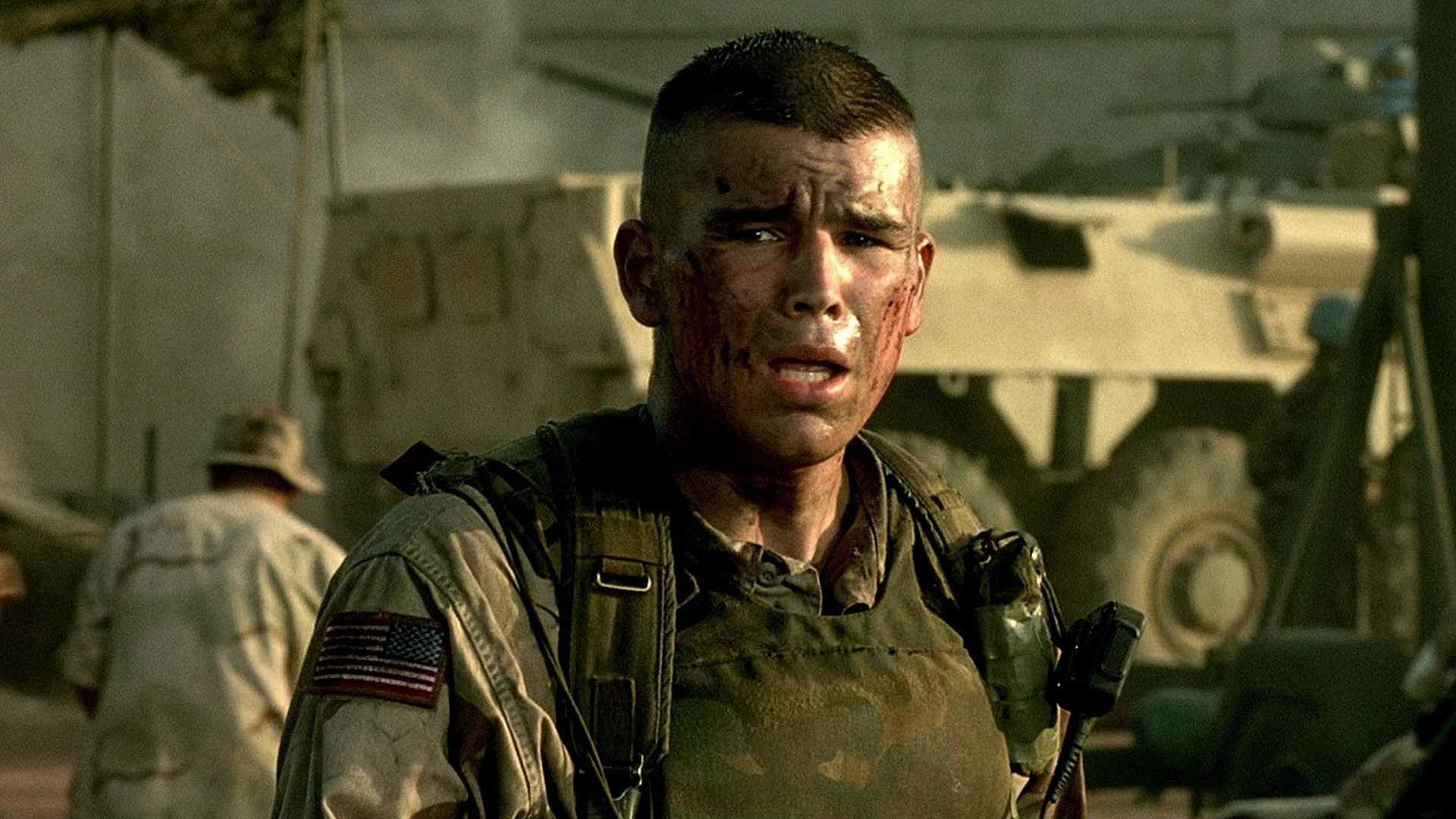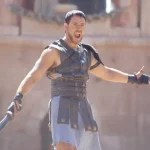Black Hawk Down (2001)

Review of Black Hawk Down (2001)
Ridley Scott’s Black Hawk Down (2001) is a visceral and harrowing depiction of modern warfare, recounting the true story of the 1993 Battle of Mogadishu. Based on Mark Bowden’s book of the same name, the film chronicles the United States military’s ill-fated mission in Somalia, where elite forces attempted to capture a warlord’s lieutenants, only to face intense urban combat after two Black Hawk helicopters were shot down. With its relentless action, stark realism, and ensemble cast, Black Hawk Down stands as one of the most impactful war films of its era. This review examines the film’s narrative, performances, technical achievements, and its broader significance.
Plot and Themes
The film centers on the 18-hour firefight that erupted in Mogadishu, Somalia, after a seemingly straightforward raid by U.S. Army Rangers and Delta Force operators spiraled into chaos. What was intended to be a one-hour mission turned into a prolonged battle as the soldiers found themselves surrounded and outnumbered by Somali militia forces.
Black Hawk Down explores themes of courage, camaraderie, and the chaos of war. While it avoids overt political commentary, the film emphasizes the soldiers’ resilience and humanity in the face of overwhelming adversity. The narrative unfolds with a relentless pace, immersing viewers in the confusion and intensity of urban combat while highlighting the personal sacrifices of those involved.
Performances
The ensemble cast delivers strong performances, with many actors portraying real-life figures. Josh Hartnett anchors the film as Staff Sergeant Matt Eversmann, capturing the character’s quiet determination and sense of duty. Eric Bana stands out as Sergeant First Class Norm “Hoot” Gibson, a seasoned and stoic Delta Force operator whose calm demeanor contrasts with the chaos around him.
Tom Sizemore, as Lieutenant Colonel Danny McKnight, provides a commanding presence, while Ewan McGregor’s portrayal of Specialist John Grimes adds a layer of relatability as a clerk-turned-combatant. Supporting roles from William Fichtner, Sam Shepard, and Orlando Bloom further enrich the film, showcasing the diverse perspectives and personalities within the military ranks.
Direction and Cinematography
Ridley Scott’s direction is masterful, blending technical precision with a visceral sense of immediacy. The film’s unflinching depiction of combat avoids romanticizing war, instead presenting it as brutal, chaotic, and deeply disorienting. Scott’s ability to convey the intensity and complexity of urban warfare is a testament to his skill as a filmmaker.
Cinematographer Sławomir Idziak’s work is equally impressive, using desaturated colors and dynamic camera movements to create a gritty and immersive visual style. The handheld shots and rapid editing effectively convey the chaos and urgency of the firefights, while wide shots of Mogadishu’s sprawling cityscape underscore the soldiers’ vulnerability in unfamiliar terrain.
Sound Design and Music
The sound design in Black Hawk Down is a critical element of its immersive experience. The cacophony of gunfire, explosions, and helicopter rotors places viewers directly in the midst of the action. Every auditory detail contributes to the film’s realism, heightening the tension and urgency of the combat sequences.
Hans Zimmer’s score adds an emotional resonance to the film, blending somber melodies with rhythmic percussion to reflect both the heroism and tragedy of the events. The music complements the visuals without overpowering them, enhancing the film’s impact.
Realism and Accuracy
Black Hawk Down has been praised for its commitment to realism, with meticulous attention to detail in its depiction of military tactics, equipment, and procedures. The film captures the confusion and unpredictability of urban combat, highlighting the soldiers’ reliance on teamwork and training to survive.
However, some critics have noted that the film omits certain aspects of the mission, including the role of Somali civilians caught in the crossfire and the broader political context of the U.S. intervention in Somalia. While the film focuses primarily on the American perspective, it has sparked discussions about the complexities and consequences of military operations in foreign countries.
Legacy and Reception
Upon its release, Black Hawk Down received widespread acclaim for its technical achievements, direction, and performances. It won two Academy Awards, for Best Film Editing and Best Sound Mixing, and was nominated for two additional awards, including Best Director. The film’s realistic portrayal of combat has made it a reference point for war movies, influencing subsequent films and media.
Critics praised the film’s intensity and authenticity, though some questioned its lack of political context and portrayal of Somali fighters. Despite these criticisms, Black Hawk Down remains a significant and respected entry in the war film genre, offering a stark and sobering look at the realities of modern conflict.
Conclusion
Black Hawk Down (2001) is a powerful and unrelenting depiction of one of the most harrowing military engagements in recent history. Ridley Scott’s meticulous direction, combined with outstanding performances and technical brilliance, creates a film that is both an homage to the bravery of soldiers and a stark reminder of the costs of war.
For viewers seeking an intense and immersive war film, Black Hawk Down delivers an experience that is as gripping as it is thought-provoking. While it leaves certain questions unanswered, its portrayal of courage, sacrifice, and the chaos of battle ensures its place as a landmark in the genre.










